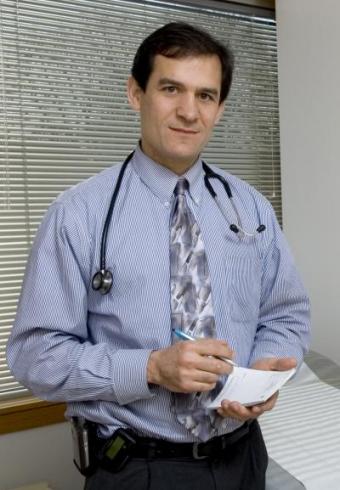PROVIDENCE, R.I. [Brown University] — Dr. Josiah Rich was there when U.S. Attorney General announced July 31 that federal law enforcement personnel should carry naloxone, which can restore breathing and thereby save the life of a person who has overdosed on heroin or an opioid drug. Rich, professor of medicine and epidemiology at Brown University and director of the Center for Prisoner Health and Human Rights at The Miriam Hospital, praised the move and pointed out several benefits that can come from police carrying naloxone. His commentary follows here:
Law enforcement is ideally poised to have a huge impact on reducing overdose deaths through the use of naloxone as first responders and in their role with community policing.
The collaboration between law enforcement and medical and public health has tremendous potential for synergistic impact on both public health and public safety.
The use of naloxone to save a life by a peace officer fulfills the fundamental role to serve and protect.
Opioid addiction, whether it involves pills or heroin, is a disease for which there is very good treatment, including methadone, buprenorphine and naltrexone. Saving someone's life provides the opportunity for them to explore these treatments.
We have here true leadership and a vision on the national, state and local level to combat a terribly devastating epidemic of opioid addiction that is impacting everyone.
By involving police in the business of saving lives with naloxone, the relationship between police and people with the disease of addiction improves to the point where more will successfully enter treatment. This will not only save lives, but will lead to improved public health and public safety.

